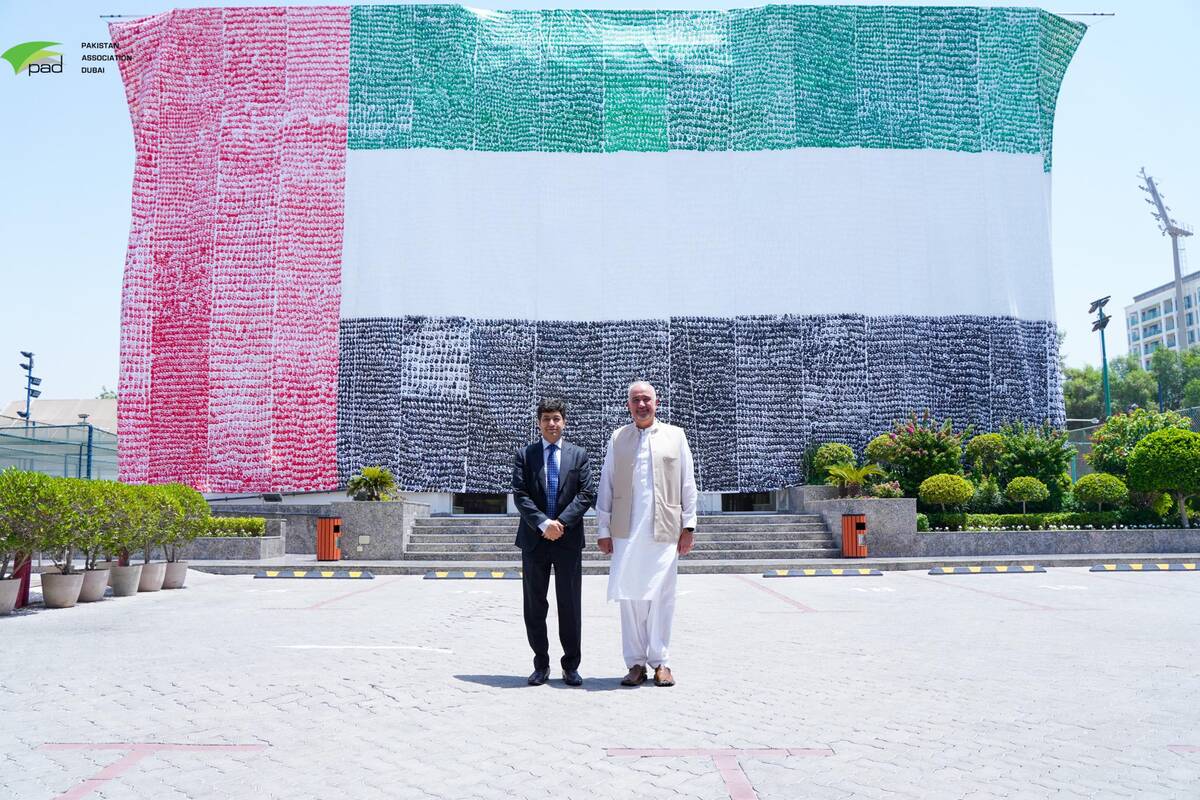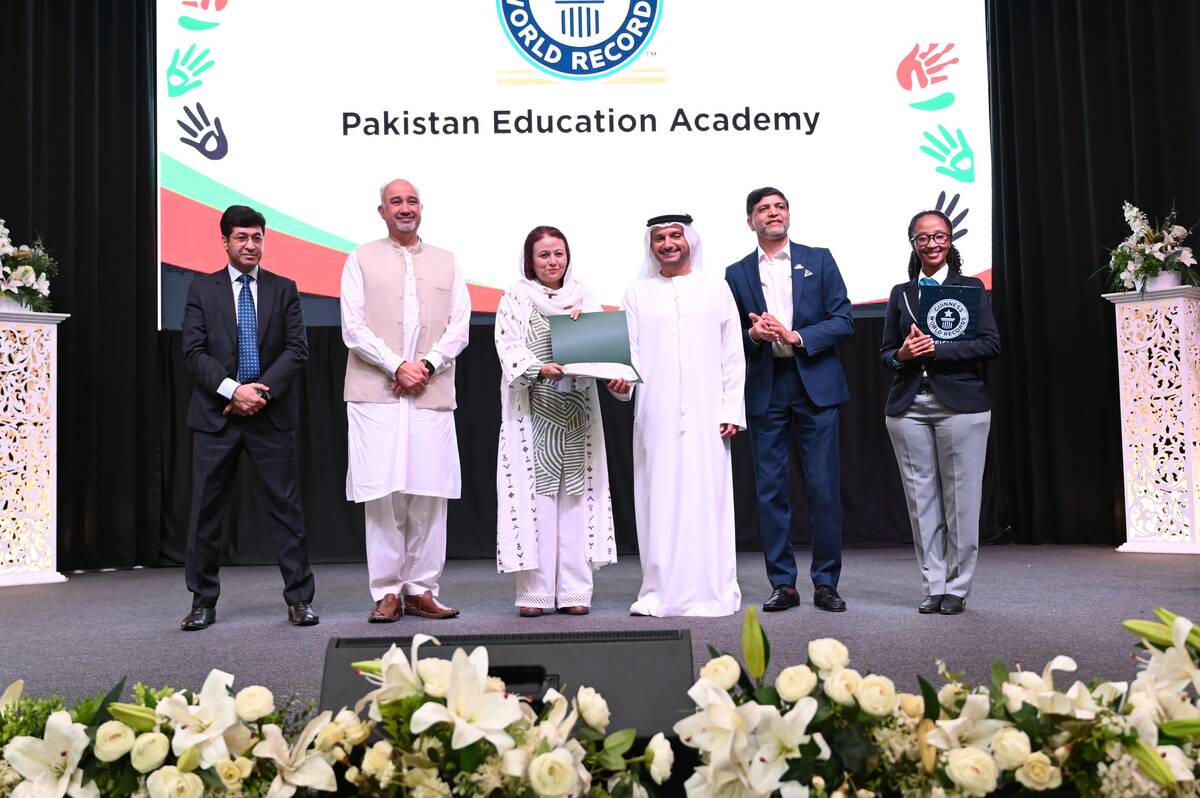ISLAMABAD: Pakistan’s Deputy Prime Minister Ishaq Dar said on Thursday composite talks with India would be held at a neutral venue, such as Saudi Arabia, the United Arab Emirates (UAE) or any other mutually acceptable country, once New Delhi was ready for dialogue.
His statement followed a US-brokered ceasefire announced by President Donald Trump on May 10 to halt missile, drone and artillery exchanges between the two nuclear-armed neighbors in the wake of a deadly gun attack in Indian-administered Kashmir last month that killed 26 tourists. New Delhi blamed Pakistan for the assault, though Islamabad denied involvement.
US Secretary of State Marco Rubio subsequently mentioned after the ceasefire the two South Asian rivals had agreed to address a broad range of issues in a meeting at a neutral venue. However, the Indian authorities maintained any dialogue with Pakistan would be limited to the issue of “terrorism” and have not shown any interest so far in the said diplomatic engagement.
“The venue of the talks will be the place acceptable to both,” Dar said during a media briefing in Islamabad. “There are many candidates for it. It can be Saudi Arabia, the United Arab Emirates or any other country.”
Dar maintained talks had to be held between the two countries, adding Pakistan was ready to engage whenever India was prepared.
“We are not in a hurry and will initiate dialogue when India will be ready,” he continued. “The venue will also be decided at that time.”
The deputy prime minister said the dialogue would cover all issues between the two countries.
“It will be a composite dialogue including everything,” he informed. “Terrorism will be part of it as we are ready to talk on this with all countries because we also want to eliminate the menace of terrorism as we are the biggest victim of it.”
Dar said the ceasefire was holding, though he expressed concern over “irresponsible statements” from Indian officials.
“I think the political compulsion is coming in front of them [the Indian leaders],” he said, adding the ceasefire was maintained by the armed forces of the two countries, with the director generals of military operations on both sides in regular communication with each other.
He also informed both countries were gradually restoring their forces to the pre-standoff positions.
“It won’t take months, it will be completed within the next few days,” he added.
Dar also spoke about his recent visit to China, where he attended a trilateral dialogue with China and Afghanistan, saying both countries had agreed to strengthen their diplomatic relations.
Since the Taliban takeover of Kabul, Pakistan-Afghanistan relations have remained strained, marked by border tensions, security concerns and a lack of trust.
Diplomatic engagement between Kabul and Islamabad have also remained limited, with both countries maintaining ties at the chargé d’affaires level rather than through full ambassadors.
“On the request of China, both countries agreed to enhance our diplomatic relations, though it will take time to complete procedures,” he added.
The deputy prime minister reiterated Pakistan and China had agreed to extend their joint multibillion-dollar corridor project to Afghanistan, including the construction of a road from Peshawar to Kabul to improve connectivity.

















